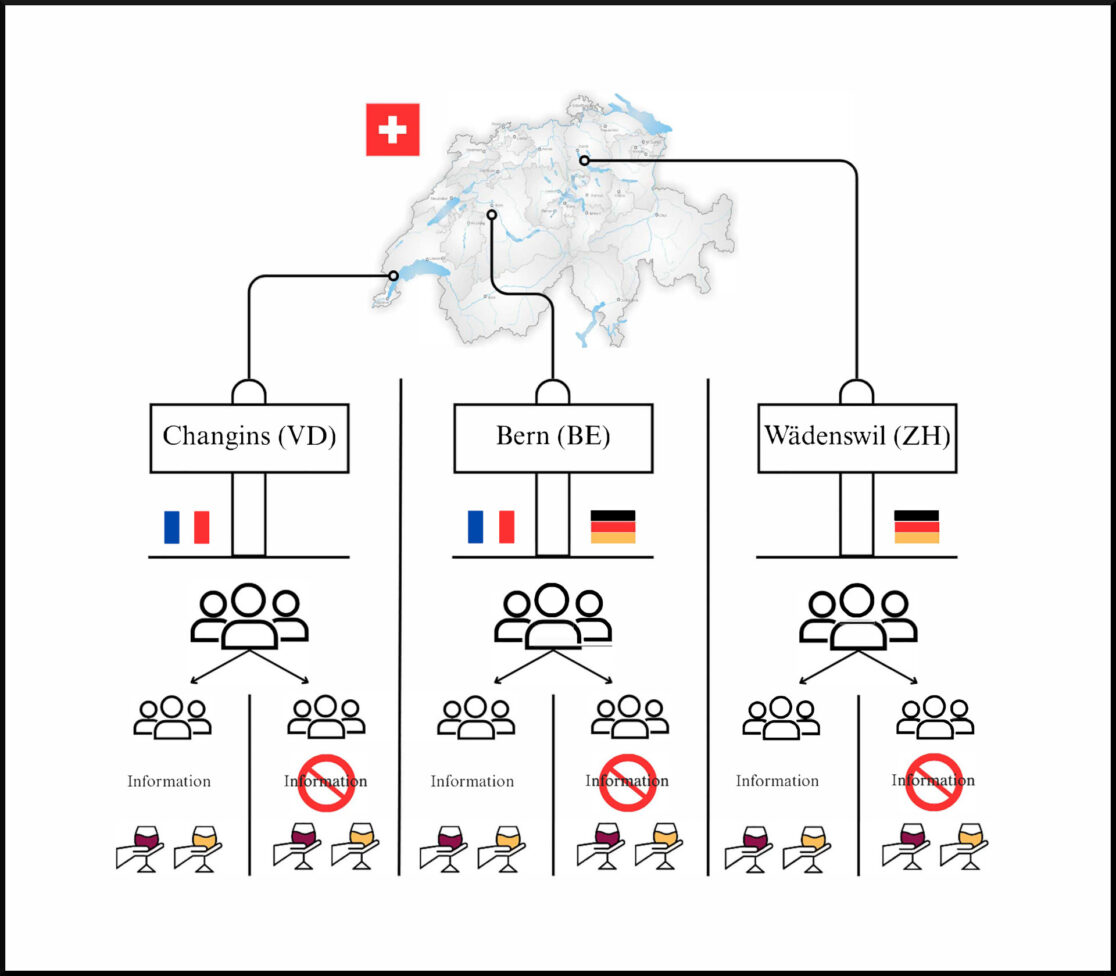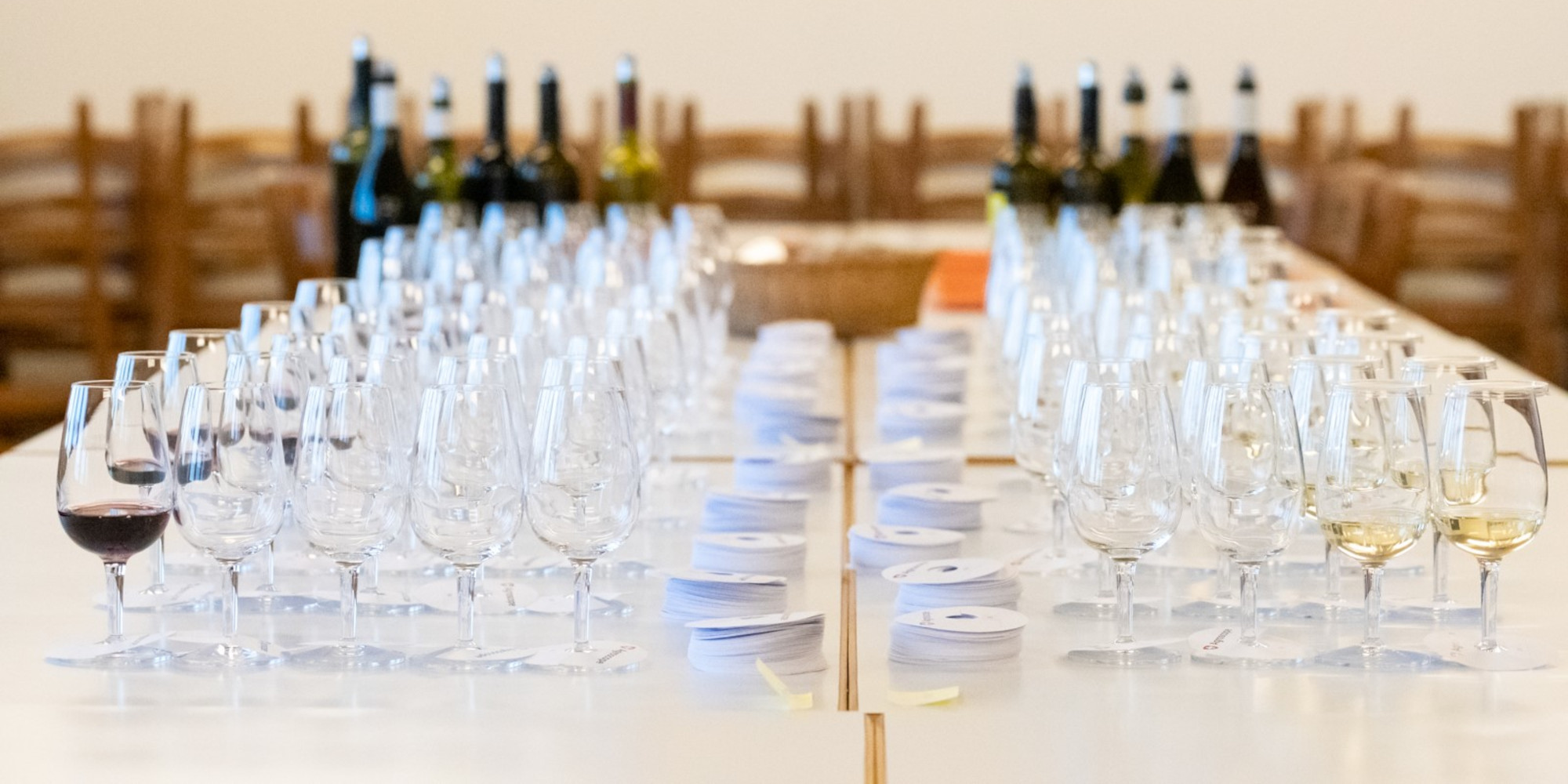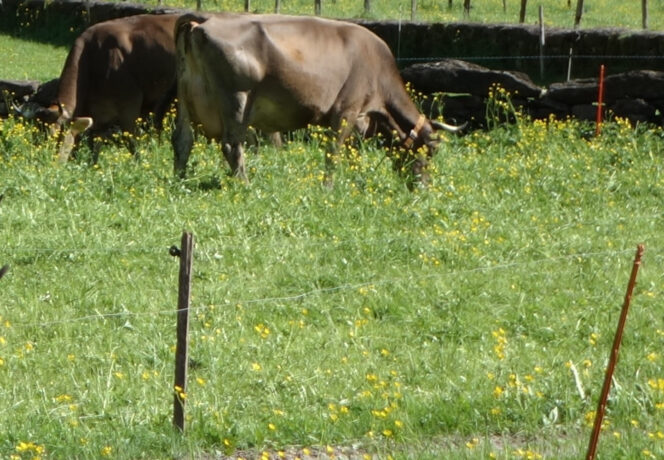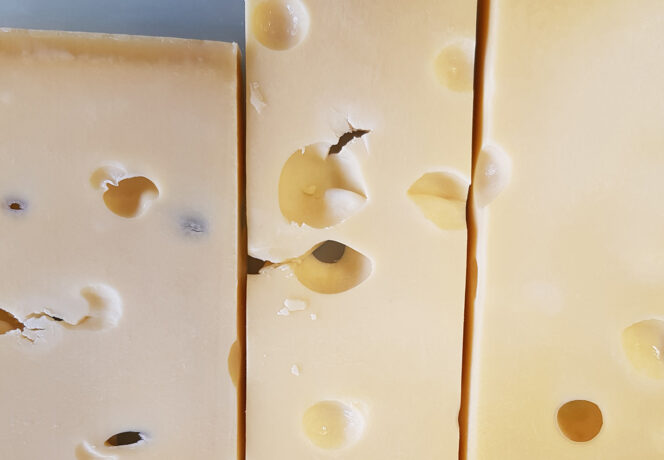Swiss Consumer Wine Preferences: Traditional vs. Fungus-Resistant Grape Varieties
Photo: Agroscope
Wines made from fungus-resistant grape varieties are meeting with a comparable success to those from traditional grape varieties. A Swiss study reveals several consumer profiles, highlighting the importance of custom-tailored marketing strategies.
Fungus-resistant grape varieties: a promising alternative
Fungicides are essential in viticulture for controlling downy mildew, powdery mildew and botrytis. Given the growing demand for greater sustainability in viticulture, fungus-resistant grape (FRG) varieties represent a promising alternative, allowing winegrowers to reduce the use of plant-protection products. In Switzerland, various public and private breeding programmes have produced certified FRG varieties such as ‘Divona’, ‘Sauvignac’, ‘Divico’ and ‘Cabernet Jura’, increasing their availability to winegrowers. Varieties stemming from European research programmes round out this list.
Gaining consumer trust
Despite the acknowledged quality of wines from FRG varieties, there is the belief that consumer acceptance remains a major stumbling block for large-scale adoption. However, Studies conducted in several countries, inter alia France, Germany and Brazil, show that consumers are generally open to these wines, especially when their environmental benefits are emphasised. In Switzerland, the last study on the subject was conducted over a decade ago, despite the development of new grape varieties and growing interest in sustainability.
Consumer study on wines from resistant grape varieties in Switzerland
This study addresses three issues: (i) Do Swiss consumers perceive wines from FRG varieties differently from those made from traditional grape varieties? (ii) Can consumer groups be identified according to their rating of FRG wines? (iii) Does the information on FRGs influence their ratings? To answer these questions, we conducted a multi-stage study combining a chemical analysis of the wines, an expert sensory profile and consumer tests with FRG wines compared to those from more-traditional grape varieties in three Swiss towns: Nyon (Vaud), Liebefeld (Bern) and Wädenswil (Zurich). Half the participants were informed that they were tasting wines from FRG varieties; the other half were not.

Conclusions and recommendations
- This Swiss consumer study showed that wines made from the resistant grape varieties tested are on average as highly rated as those from the traditional varieties.
- Three consumer groups were identified based on their preferences, highlighting three key consumer acceptance factors for wines made from resistant grape varieties: sensory quality, consumer wine knowledge level and consumer familiarity with resistant grape varieties.
- Although information on the environmental benefits does not affect overall ratings, certain consumers are sensitive to it.
- Marketing strategies should thus be tailored to these different consumer segments, stressing the wines’ sensory qualities whilst strategically communicating their ecological benefits.
Bibliographical reference
Consumer preferences in wine: traditional vs fungus-resistant varieties in Switzerland.



